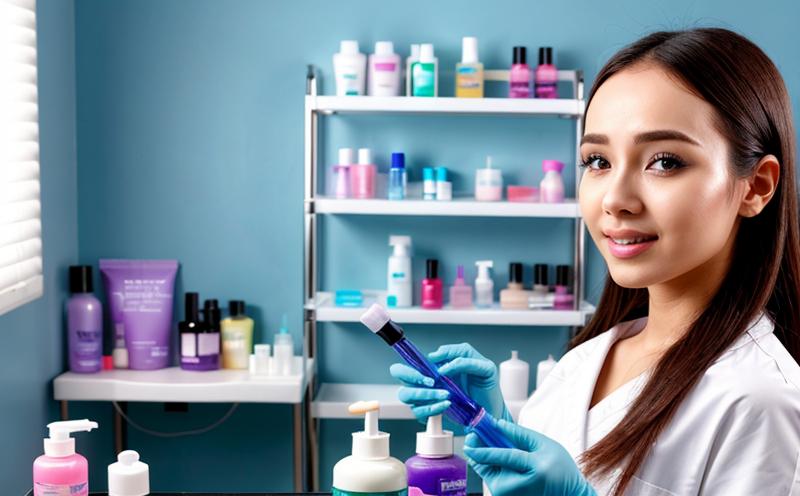FDA BAM Yeast and Mold Testing in Personal Care Products
The FDA’s Bacteriological Analytical Manual (BAM) provides a comprehensive guide to microbiological testing, ensuring the safety of food products. Extending this expertise into personal care products is essential for the cosmetic industry. The FDA's stringent regulations require that all cosmetics are safe and do not pose any health risks when used as intended.
Yeast and mold can significantly impact the shelf life and quality of cosmetic products, leading to potential safety concerns if present in high concentrations or under unsuitable conditions. The FDA recommends rigorous testing for microbial contamination using the BAM method, which is recognized worldwide for its accuracy and reliability.
The process begins with careful sampling of the product. Samples are then prepared by diluting them appropriately to ensure a representative sample that will yield accurate results. Next comes inoculation into selective media designed specifically for detecting yeasts and molds. Incubation follows, during which time colonies grow if present, allowing identification through morphological characteristics or biochemical tests.
Instrumentation used in this process includes automated colony counters and digital image analysis software that provide precise quantification of microbial growth. Once identified as either yeast or mold, these organisms must be counted according to FDA guidelines. This involves determining CFUs (Colony-Forming Units) per gram or milliliter.
Reporting is critical in this phase; results should comply with FDA requirements and include all relevant parameters such as species identification, colony counts, and any other pertinent findings. Compliance with these standards helps ensure product safety while also aiding manufacturers in maintaining their reputation for quality.
The importance of thorough yeast and mold testing cannot be overstated given the potential risks associated with microbial contamination in personal care products. By adhering to FDA BAM protocols, companies can demonstrate their commitment to producing safe cosmetics that meet regulatory expectations and satisfy consumer demands.
Why It Matters
The safety of personal care products is paramount not only for the health of consumers but also for maintaining brand reputation. Yeast and mold can cause allergic reactions, dermatitis, or even more severe conditions if they reach unacceptable levels within a product formulation.
Compliance with FDA regulations helps manufacturers avoid costly recalls and legal issues. It also builds trust among consumers who value transparency about the ingredients in their beauty products. Proper testing ensures that every batch of cosmetic released meets rigorous safety standards, thereby protecting end users from potential harm.
Moreover, consistent adherence to these practices enhances corporate responsibility by fostering an environment where innovation and sustainability go hand-in-hand with ethical business practices. As consumers become increasingly conscious about what goes into their daily routines, companies that prioritize quality assurance gain a competitive edge in the market place.
Eurolab Advantages
- Expertise and Experience: Our team comprises seasoned professionals with extensive backgrounds in microbiology, analytical chemistry, and regulatory compliance. This wealth of knowledge ensures accurate interpretation of results and effective implementation of corrective actions when necessary.
- State-of-the-Art Facilities: Equipped with advanced laboratories capable of handling various types of samples, Eurolab offers superior facilities that support precise analysis and reliable outcomes.
- Dedicated Support Team: We provide round-the-clock customer service to assist clients throughout the testing process. Our dedicated team is always available to answer questions or address concerns promptly.
- Accurate Reporting: All reports generated by Eurolab are detailed and clear, providing actionable insights that can guide decision-making processes related to product development or quality control initiatives.





